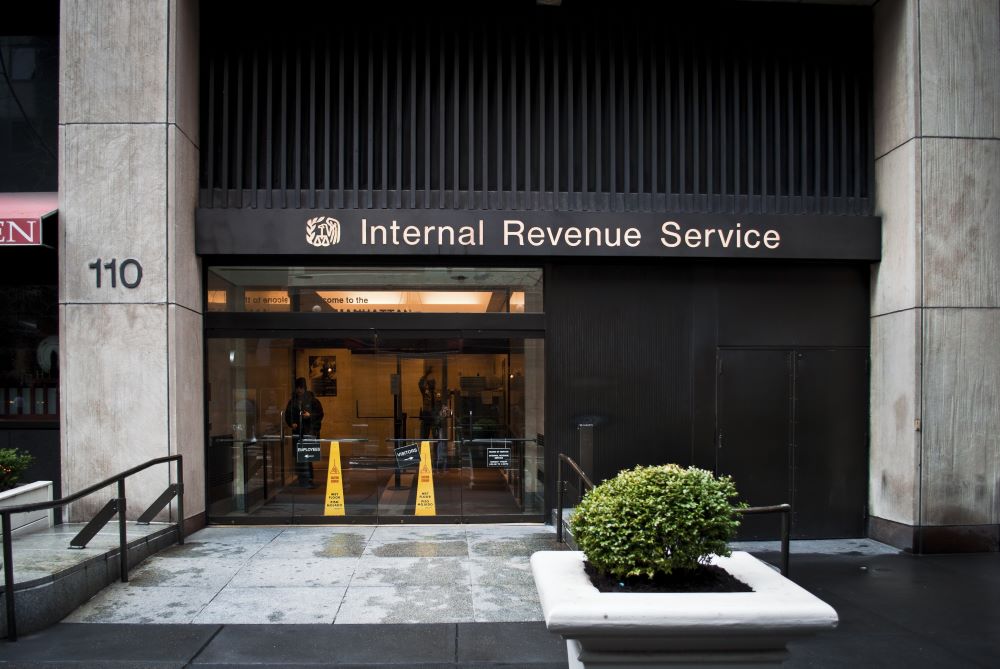What To Know If The IRS Contacts You

The IRS utilizes many different methods of communication in order to educate the general public, but it also sometimes needs to directly contact an individual taxpayer about a specific issue. Here are some things to keep in mind if you are contacted by the IRS.
For those who owe money, the IRS offers many different payment options to aid taxpayers in meeting their obligations. Options include using IRS Free File (for those who qualify), filing an extension, or making electronic payments through your IRS Online Account or Direct Pay, available on the IRS website. There are other electronic payment options available, as well as paying by cash, check, or money order. You can avoid late filing fees and interest penalties by filing your tax return and making any payments owed by April 18.
If a taxpayer is having trouble paying their bill by the deadline, the IRS advises that payment plans and installment agreements are available to most individual taxpayers. Taxpayers can apply online for a payment plan, allowing them to pay off their outstanding balance over time.
IRS Communication
If you have a tax issue, such as an unpaid bill, the IRS will generally send you mail via the Postal Service. They may send multiple letters, so people are advised to respond quickly to avoid growing interest and penalties. In certain situations, the IRS may make an in-person visit to your home or business. There are largely three types of employees that could visit you:
- Revenue officer: This is an IRS civil enforcement employee who tries to resolve compliance issues such as unfiled returns or owed taxes. The taxpayer would have received multiple letters in the mail regarding such issues first, so the visit may be unscheduled. The officer will conduct interviews and provide taxpayers with the next steps to become compliant.
- Revenue agents: These employees conduct field audits wherever financial records are housed, such as a home, business, or accountant’s office. Before a visit, the agent will make contact by mail or phone. These agents carry two forms of credentials, with a serial number and photo, so taxpayers can verify their identity.
- IRS-CI special agents: These agents investigate potential criminal violations. They make unannounced visits, but will always show their credentials and will never demand any sort of payment.
The IRS will send multiple mailings so taxpayers are aware that there is some sort of tax issue before most agents make an in-person visit. If you suspect someone is trying to impersonate an IRS agent, because you don’t have any previously known tax issues, taxpayers are urged to report the potential scam.
Contact Us
If you have questions about the information outlined above or need assistance with a tax issue, Klatzkin can help. For additional information call 609-989-9189 or click here to contact us. We look forward to speaking with you soon.
©2023 Klatzkin & Company LLP. The above represents our best understanding and interpretation of the material covered as of this post’s date and should not be construed as accounting, tax, or financial advice. Please consult your tax advisor concerning your specific situation.
